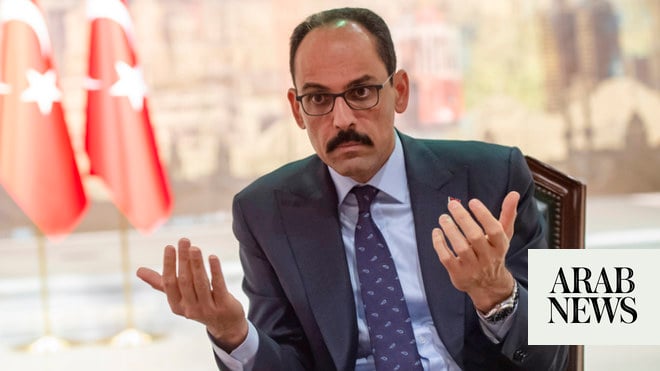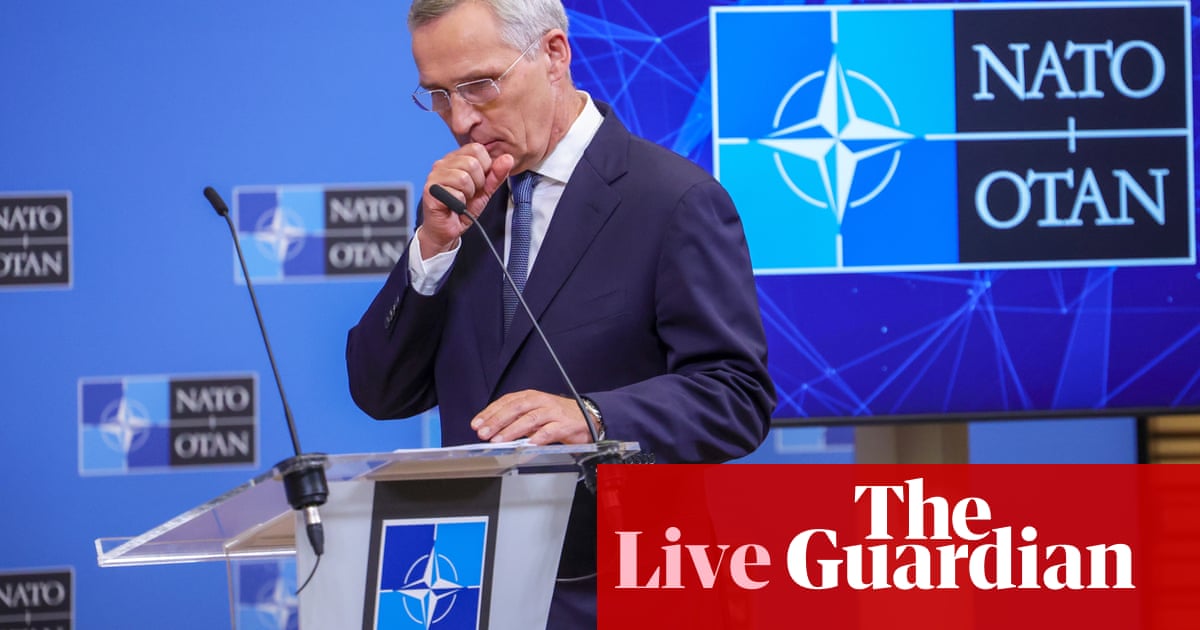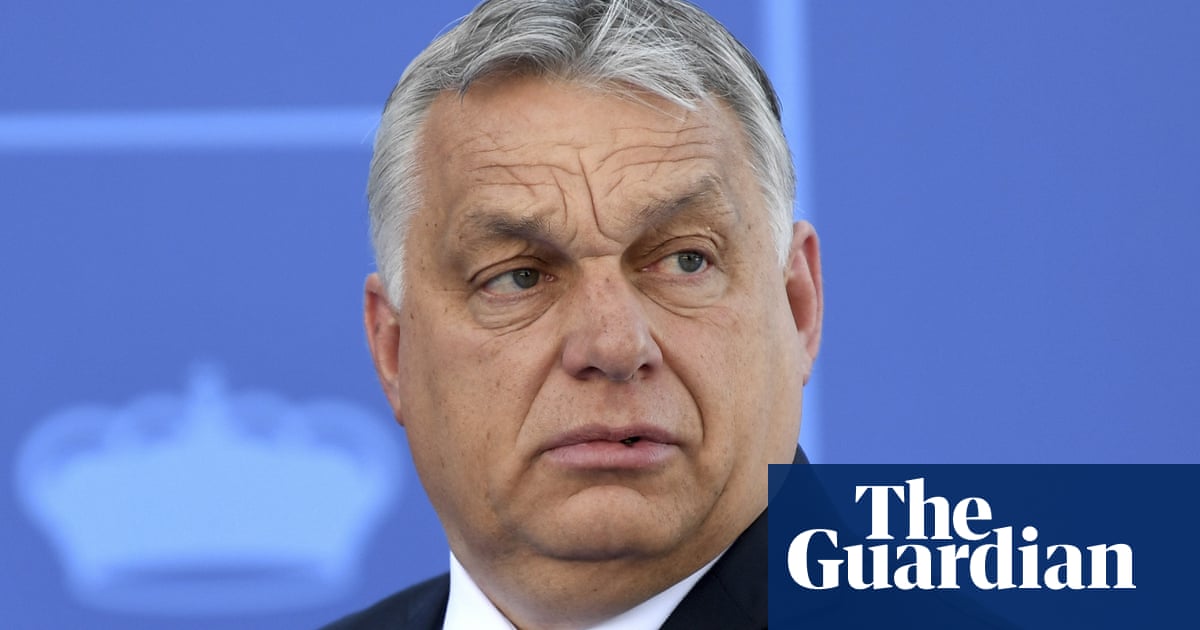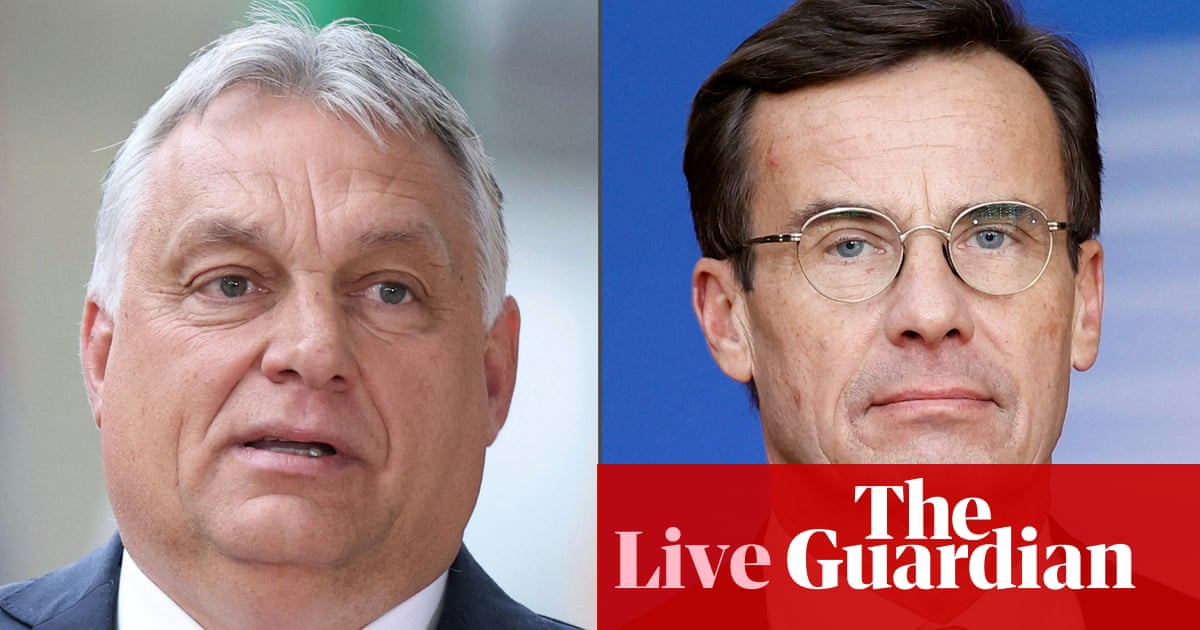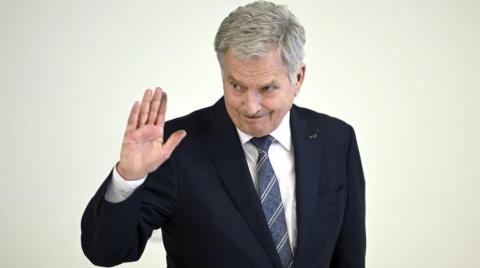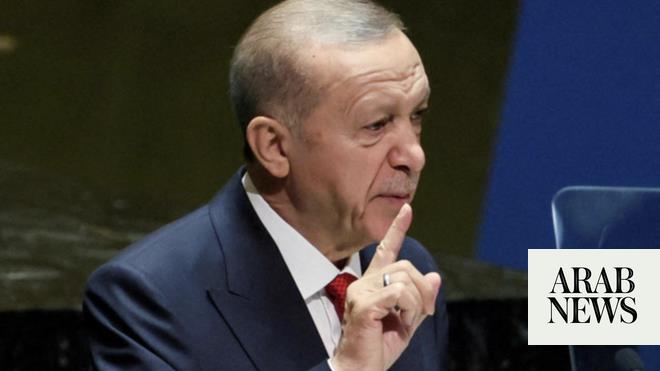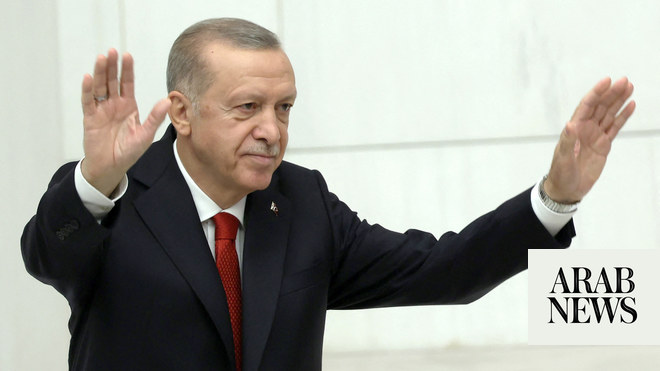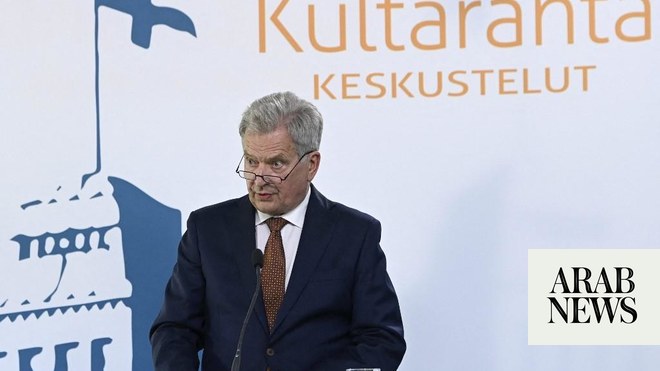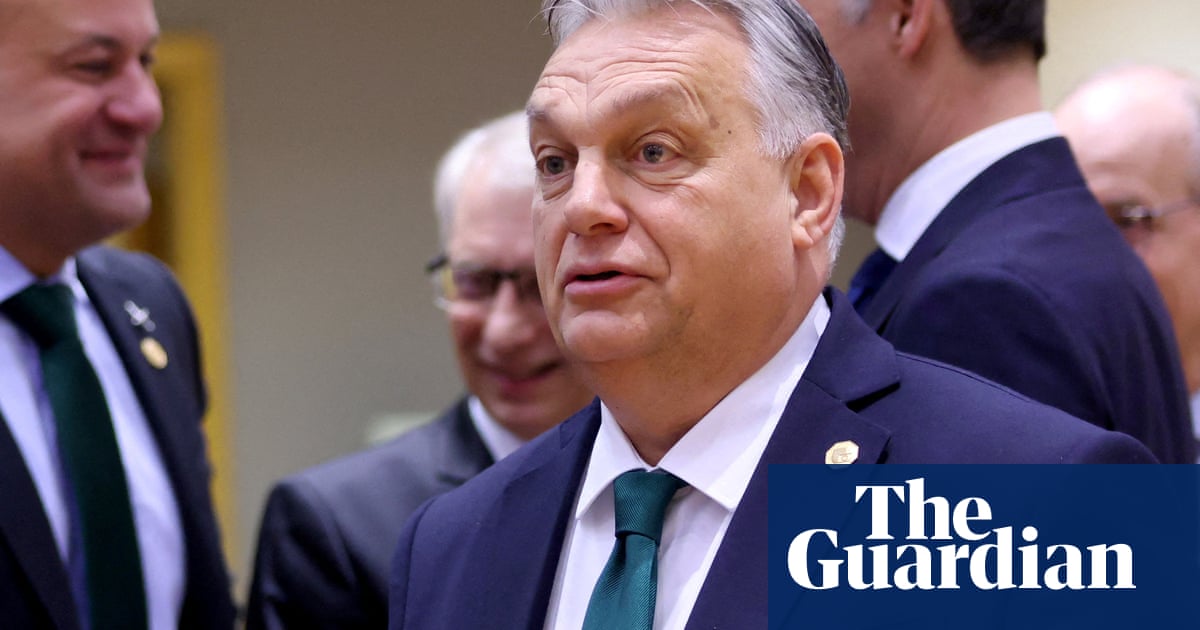
Hungary’s ruling Fidesz party has boycotted a session of parliament called by the opposition to ratify Sweden’s Nato membership, even as a group of western ambassadors arrived in the building to urge a vote.
For months, the Hungarian prime minister, Viktor Orbán, repeatedly promised his counterparts within Nato that the country would not be last to sign off on Sweden’s membership.
But Orbán reneged on the pledge when Turkey ratified the Swedish bid last month, leaving Hungary alone holding up Stockholm’s accession.
The Hungarian leader then publicly promised Nato’s secretary general, Jens Stoltenberg, that he would urge parliament to “conclude the ratification at the first possible opportunity” – only to also abandon that pledge by not showing up to a session initiated by the country’s opposition with the aim of voting on Sweden’s accession.
In a symbolic move, a group of 16 diplomatic representatives, including the American ambassador in Budapest, David Pressman, arrived at Hungary’s parliament on Monday.
Pressman, who in an interview with the Guardian last month described Washington as “disappointed” by Budapest’s failure to act, told reporters after the session: “Sweden’s Nato accession is an issue that directly affects the United States national security and it affects the security of our alliance as a whole.”
“The prime minister pledged to convene parliament and urge parliament to act at its earliest opportunity. Today was an opportunity to do that – and we look forward to watching this closely and to Hungary acting expeditiously,” the American diplomat added.
The Hungarian delay has deeply frustrated western officials, who have expressed concern both about the length of delays and the lack of clarity over the reasoning behind Hungary’s moves.
“With our presence today, we wanted to show our solidarity with Sweden, and the Swedish ambassador in Budapest, in their pursuit of joining Nato in such a difficult and demanding time for the world. We hope that this will happen as soon as possible,” said a senior European diplomat, who spoke on condition of anonymity to discuss sensitive matters.
“We didn’t know which parties will be present during the session, so the only message we wanted to show was our solidarity to increasing our security in the region,” the European diplomat added.
Western officials say that they are puzzled by Budapest’s decision-making. Over the many months since Sweden applied for membership in May 2022, they say, Hungary did not raise any formal objections or requests connected to the Swedish bid – yet kept delaying its ratification.
Within Nato, events in Budapest are seen “with growing frustration and disappointment,” said a second senior European diplomat.
“Hungary had promised not to be last. That promise has been broken. We expect a swift ratification as soon as parliament reconvenes,” the diplomat stressed.
Máté Kocsis, the head of the Fidesz faction in the Hungarian parliament, said in a social media post on Monday that ratification could happen when the parliament meets for its regular session – scheduled for late February – but that “for this a meeting of the two prime ministers in Budapest is necessary”.
“If accession is important for the Swedes, then they come here, as they went to Turkey,” he said.
Hungary’s opposition, which has been pushing for ratification, expressed dismay at the continued delay.
“We know that Orbán considers these situations as opportunities for blackmail, but completely ignoring a parliamentary session, our allies’ requests and the security interests of Hungary is disgraceful,” said Márton Tompos, a member of the Hungarian parliament and spokesperson for the opposition Momentum party.
“I hope they will come to their senses, otherwise I fear that Hungary’s security will suffer the consequences.”




